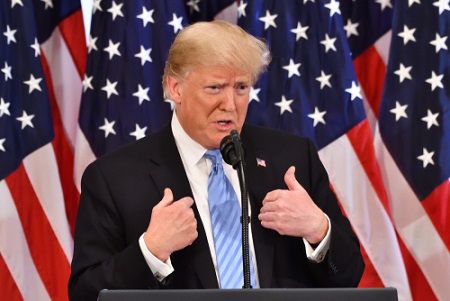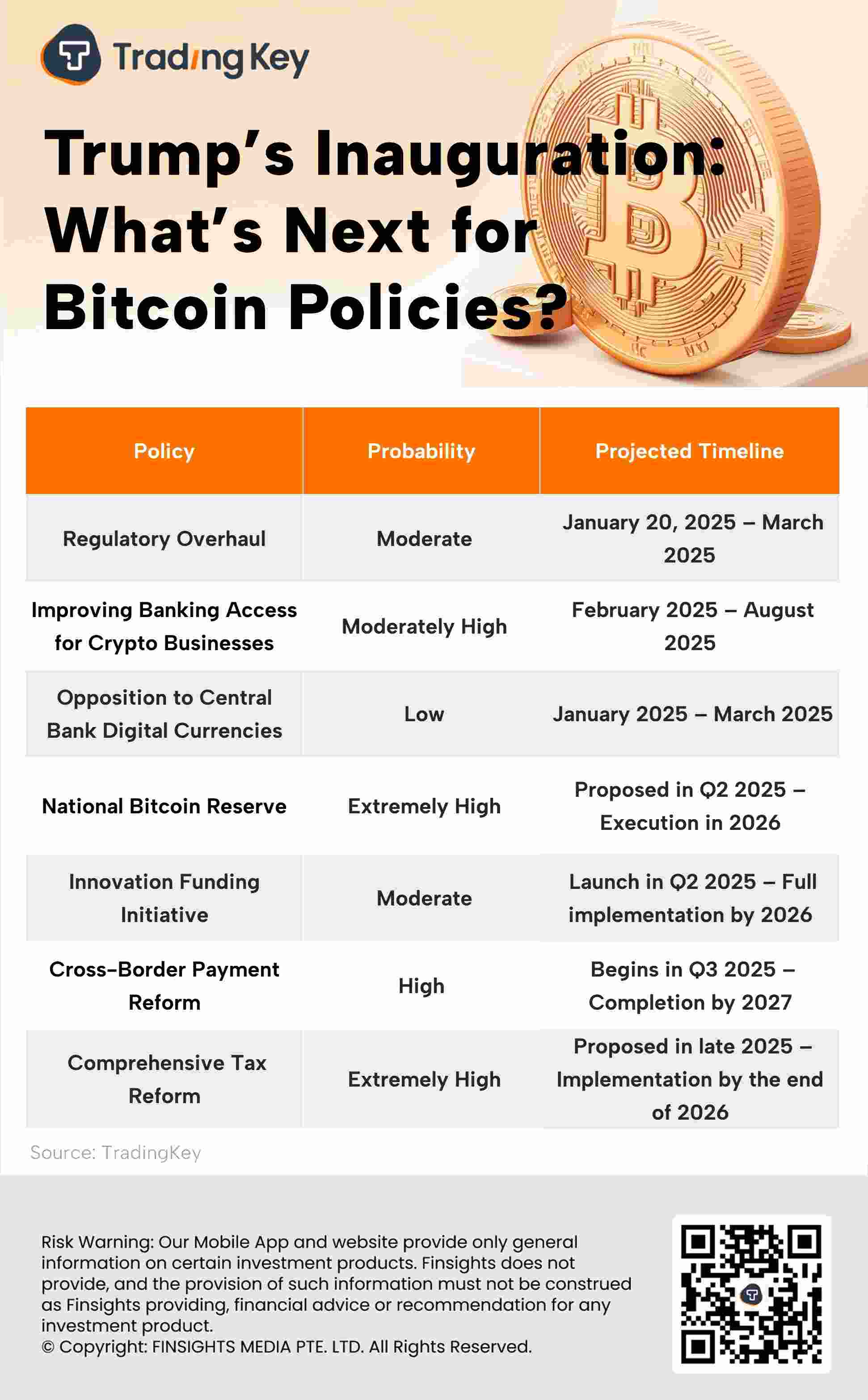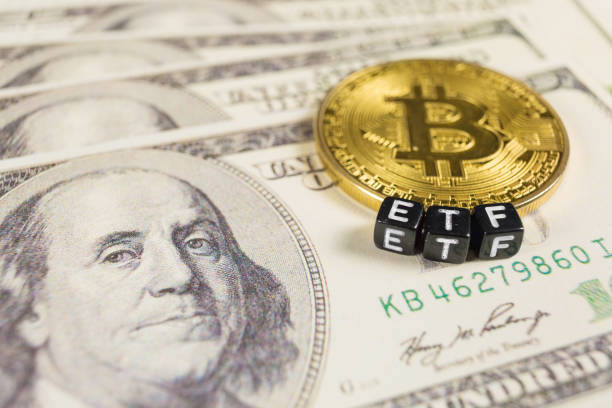Trump’s Inauguration: What’s Next for Bitcoin Policies?

TradingKey - Donald Trump’s inauguration takes place today, January 20, and as a vocal Bitcoin supporter, Bitcoin near the $110,000 mark on Monday.
One of Trump’s boldest proposals is the Bitcoin Reserve Plan. With the U.S. dollar’s global dominance under pressure, adding Bitcoin to national reserves is seen as a step to modernize monetary policy and strengthen America’s financial leadership.
Betting markets like Kalshi and Polymarket have raised the odds of Trump establishing a strategic Bitcoin (BTC) reserve after taking office. Kalshi predicts a 70% chance of this happening by 2026, while Polymarket gives a 42% probability of such action within Trump’s first 100 days.
This growing optimism follows Trump’s pledge at the Bitcoin 2024 conference in Nashville to make the U.S. the global cryptocurrency capital and to establish a "National Strategic Bitcoin Reserve."
On January 16, The New York Post reported that Trump is considering expanding the reserve to include other cryptocurrencies, such as USD Coin (USDC), Solana (SOL), and XRP (XRP). He also plans to sign an executive order prioritizing cryptocurrency after taking office.
“The establishment of a BTC reserve in the United States would accelerate Bitcoin adoption more than the launch of ETFs in January 2024. We believe the Bitcoin Adoption Act would have a deeper long-term impact on Bitcoin than ETFs,” said a CoinShares researcher.
Fuethermore, the market eagerly anticipates more pro-crypto policies under Trump’s leadership. TradingKey analysts outlined the following key initiatives.

Read more: 2025 Outlook: Robust Growth and Enhanced Stock Returns
Regulatory Overhaul: Trump has nominated crypto-friendly Paul Atkins as SEC chairman and David Sacks as a potential “AI and Crypto Czar.” Both advocate for modernizing securities laws to suit digital assets.
Innovation Funding Initiative: A proposed fund would support blockchain infrastructure, enhance cybersecurity, and advance cross-border payment solutions.
Cross-Border Payment Reform: Trump aims to promote Bitcoin and other cryptocurrencies for global transactions by simplifying regulations, reducing compliance costs, and fostering international cooperation.
Additional Bitcoin Policies include: Improving Banking Access for Crypto Businesses , Opposing Central Bank Digital Currencies (CBDCs), and Comprehensive Tax Reform.
TradingKey analysts evaluated these policies based on five criteria—executive authority, congressional approval, regulatory complexity, technical requirements, and stakeholder resistance—scoring each from 0 to 20. Higher scores indicate better feasibility.
Source: TradingKey








